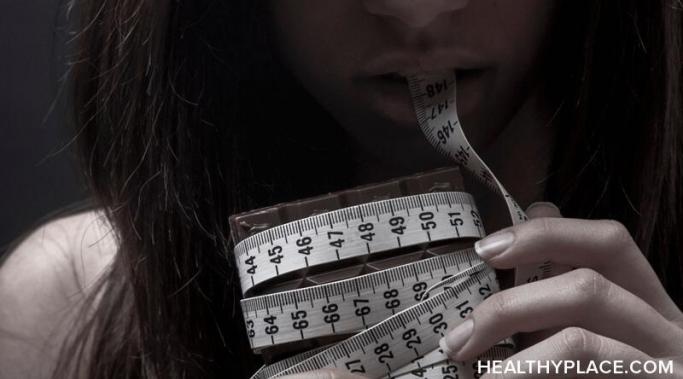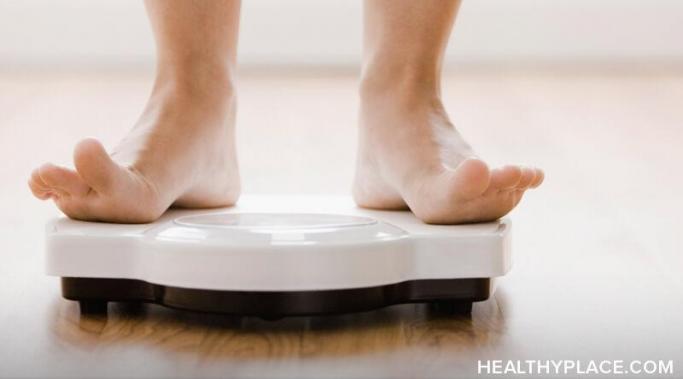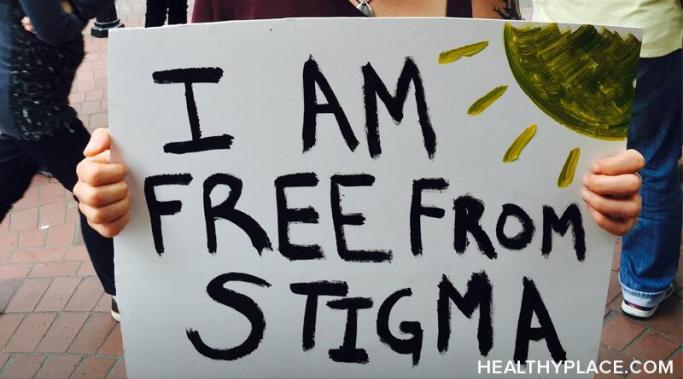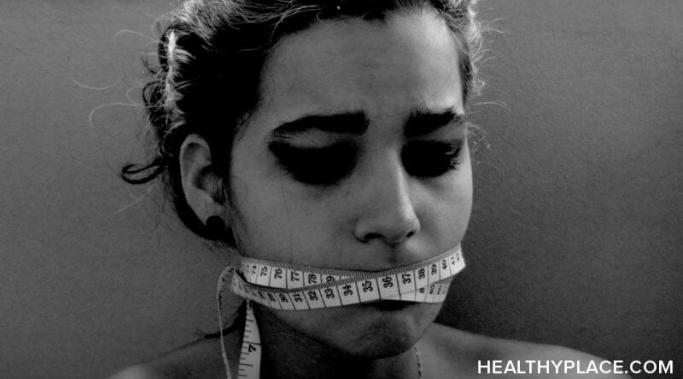Going vegan in eating disorder (ED) recovery can be helpful—or a detriment--depending on the mindset of each individual and the factors of his or her environment. There are many reasons people choose the vegan lifestyle, running the gamut from nutrition to ethics, and veganism as a standalone practice neither heals nor causes an eating disorder. So taking into account all the different variables and nuances at play, whether going vegan in ED recovery will be helpful—or harmful—is contingent on your motives for adopting a vegan diet or lifestyle, and how it manifests in your eating habits.
Eating Disorders Recovery
I know a great deal about eating disorders now, but wish I'd known more when I was younger. There is no shortage of hard truths and stark realities I wish my younger self recognized about eating disorders. Seriously—the list goes on and on and on. I was eight the first time I felt aware of disgust for my own body, and I was 13 when I started acting on that sensation. I was a wounded adolescent, raging at the world and grasping for a "fix" to narcotize the chaotic self-hatred and utter lack of control I endured on the inside. I had no language to express the hurt I was suffering and no framework to process the behaviors I felt drawn to. I could never have predicted that flirting with the notion, "I'll just lose a few pounds," would nosedive into a pattern of destruction which tyrannized me for 15 years (What Are Eating Disorders?). But in retrospect, all the hazard lights were flashing, had I only paid attention. So here's what I know about eating disorders now, but wish my younger self knew then—and what I hope to share with you if that is your struggle too.
When it comes to succeeding in eating disorder recovery, one stubborn misconception needs to be discredited—the good food versus bad food debate. Mainstream culture has propagated the idea of attaching morality to certain food groups by idealizing some and demonizing others. But this paradigm is nothing more than a fabricated social construct with destructive implications. When a food is labeled either "good" or "bad," it suggests the person who consumes that food must take on a similar virtue. But the reality is, character is not based on someone's diet. Integrity cannot be measured by asking the question, "Did you eat a salad or cheeseburger for lunch?" What you eat doesn't define you. Foods should not be forced into categories any more than humans should. In order to prioritize eating disorder recovery, it's time to stop the good food versus bad food debate.
Learning to face down your triggers in eating disorder recovery is non-negotiable. A trigger is any form of content, behavior, topic or event which exacerbates a trauma or mental illness, and today's culture is saturated with them. In a society that endorses the harmful message of ideal bodies, clean diets and extreme fitness, the pressure to cave into those triggering beliefs is enormous—and if you're susceptible to an eating disorder, that urge can feel overwhelming. Triggers in eating disorder recovery are ingrained in the broken systems of this world, so triggers can't be avoided entirely. So while it's unrealistic to pretend they don't exist, there are coping methods you can utilize to navigate triggering situations with a healthy mindset that won't risk your progress in recovery.
Writing a goodbye letter to my eating disorder was one of the most challenging—but empowering and rewarding—tasks I was assigned while in treatment for anorexia. As someone who has been using the written word as therapy ever since I learned how to form a sentence, this tool immediately resonated deep within my bones and it's been a crucial guidepost in recovery. This goodbye letter to my eating disorder was a break-up of sorts, a severing of the relationship, an epilogue to the abuse and toxicity. It gave closure to traumas, wounds and regrets from the past while extending permission to move forward in the present. If you haven't tried writing a goodbye letter to your eating disorder, I recommend it. This could be just the motivation you'll need to embark on your own path toward recovering from an eating disorder.
Building personal boundaries in eating disorder recovery helps to make the healing a priority. But when it comes to eating disorder recovery, how can you maintain effective personal boundaries, and why do those boundaries even matter in the first place? It's important to realize the purpose of having personal boundaries is not to prevent all relationships from nurturing—but to protect the safe relationships from becoming unhealthy. Constructing and asserting personal boundaries will equip you to prioritize eating disorder recovery while teaching the people you care about which behaviors toward you are appropriate and which should be re-evaluated.
The lies your eating disorder tells you will prevent your recovery. The eating disorder masquerades as your closest friend and trusted confidant, but it is a fraud, and the lies your eating disorder tells you saturate your brain and hold you back from eating disorder recovery. The more entrenched those lies become, the more fearful you are of envisioning a future that doesn’t revolve around the eating disorder. You’re trapped in a vortex of wanting to escape its death-grip but wondering if you’ll have a sense of purpose or an identity without the eating disorder. The eating disorder is a persuasive storyteller—I believed it for decades, and am often still tempted to again. But those lies that your eating disorder tells you to hold you back from eating disorder recovery aren't worth pursuing once you know the truth.
The language society uses when talking about eating disorders is weird. But as survivors—or allies of survivors—with firsthand experience of the illness, we have the power to change this dialogue. Within the context of mainstream culture, eating disorders and those of us impacted by them, are often branded with limiting quantifiers and descriptors. These labels seem like barriers in direct opposition to eating disorder recovery, but we can either accept the status quo or initiate another conversation—one that advocates for the potential of courage, strength and healing.
Why can the loss of control cause an eating disorder? When you lose control in certain areas of your life, this can spiral into the "perfect storm" for an eating disorder to emerge. From unhealthy relationships to unstable environments to unforeseen circumstances, feeling out of control is a turbulent emotion that can provoke you to engage in frantic and reckless behaviors. In the effort to regain a sense of equilibrium, it's common to fixate on the one aspect of yourself which seems controllable—your body. But while this coping mechanism provides a fleeting distraction from all the chaos around you, the truth remains that as you plunge deeper into the eating disorder, you're not in control anymore—it's now controlling you.
Creating a gratitude practice to enhance eating disorder recovery is important because an eating disorder cheapens your mindset on life and convinces you that suffering is permanent. But learning to practice gratitude can weaken the eating disorder's influence. Gratitude can cut through all that negativity and redirect your focus onto glimmers of hope, beauty, purpose and love. These feelings are often subdued beneath layers of torment and abuse from the eating disorder critic, but finding reasons to appreciate yourself, the people around you and the experiences you're given will cause that voice to fade—then, ultimately, disappear.









